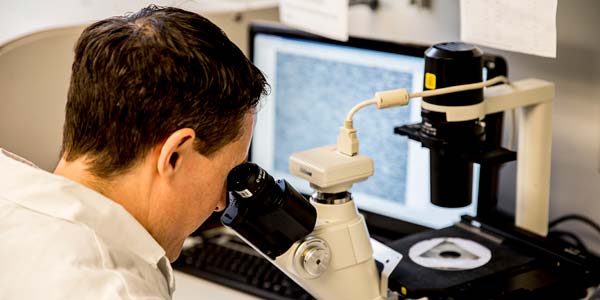General requirements for the Master of Science Degree for the BS/MS Program
For the General Requirements for a master’s degree, refer to the Graduate School website. Note that the Master of Science degree in Bioengineering requires a thesis. There is no teaching requirement for BS/MS students.
Specific Course Requirements for the Master of Science degree for the BS/MS Program (effective Autumn 2012 or later)
To keep track of your coursework, please see the Undergraduate Academic Counselor for a planning sheet and quarterly check-ins. The degree provides two track options (the Bioengineering Professional Series (BPS) and the Program on Technology Commercialization (PTC)). The degree requires 20 course credits, plus research credits. Petitions to substitute or waive courses, are not encouraged.
Note: Up to six credits taken during the student’s senior year may count towards the MS degree requirements for BS/MS students. These six credits cannot have satisfied any BS degree requirements.
BS/MS requirements (minimum 36 credits required)
Core courses (4 credits minimum required from either track):
- Bioengineering Professional Series (BPS) track: BIOEN 530: Literature Analysis (2 credits, CR/NC), BIOEN 531: Grant Writing (2 credits) or BIOEN 532: Professional Development (1 credit, CR/NC)
- Program on Technology Commercialization (PTC) track: BIOEN 504: PTC I (4 credits) or BIOEN 505: PTC II (4 credits)
Statistics (3 credits):
- BIOSTAT 511, 517, 524; STAT 502, 504, 509, 512, or UCONJ 510 (2 cr, approved by petition when submitting the student plan)
Electives (13 credits minimum of bioengineering-related, PI-approved electives):
- All 13 credits must be graded
- 5 credits must have a BIOEN prefix
- 6 credits must be 500 level
Additional BS/MS requirements
- 18 credits must be at the 500-level
- 18 graded credits must be at the 400/500-level
- Students must complete 9 thesis research credits of BIOEN 700 prior to MS graduation
- 36 total credits



